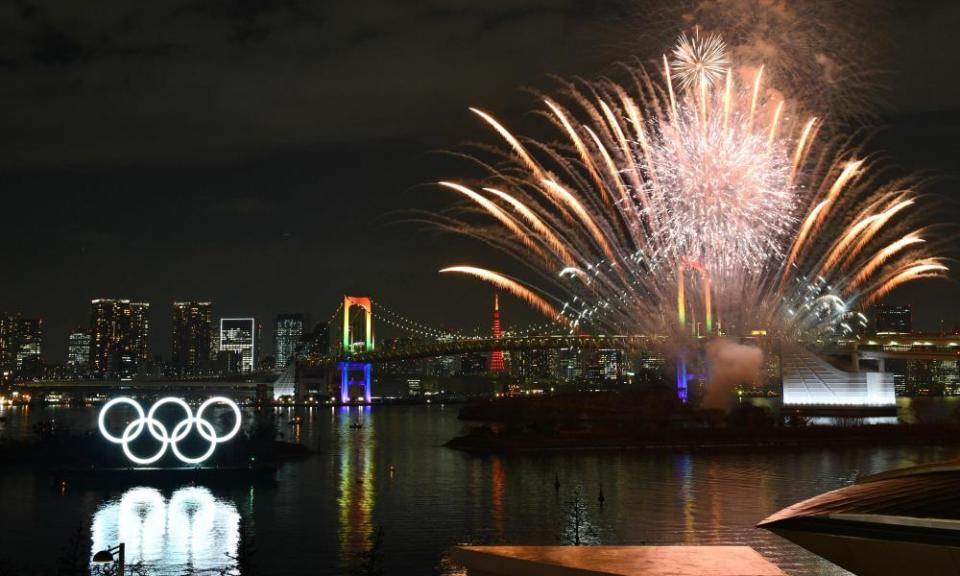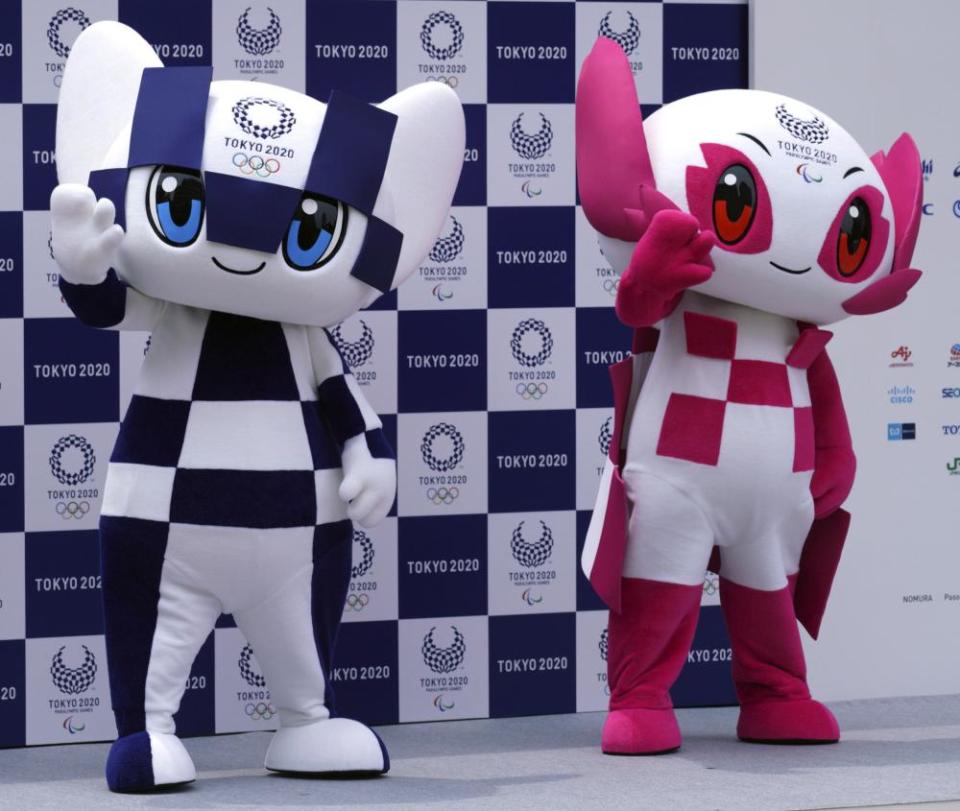A year to go, but does Tokyo still want to host the Olympics?

This Wednesday the reset Olympic countdown clock will show there are 365 days to go until the opening ceremony of the Tokyo Games. But with a year left to finalise arrangements, the prospects for a traditional Olympic spectacle in the city are looking grim.
Even if Japan, which has seen a comparatively low number of infections and deaths, could contain the outbreak, the virus is expected to rampage through the US, Brazil, India and other parts of the world.
The host city itself is in the grip of a spike in Covid-19 infections, with authorities reporting 290 new cases on Saturday. With 9,223 cases, Tokyo now accounts for more than a third of Japan’s total.
The Tokyo 2020 organising committee is now talking of a pared-down games that would reduce costs and ensure the safety of 11,000 athletes vying for a record 339 medals.
The countdown to Tokyo 2020 was reluctantly reset in late March after the coronavirus pandemic forced local organisers and the International Olympic Committee to delay the games by a year, at an estimated cost of $2bn-$6bn. The Japanese prime minister, Shinzo Abe, promised that next summer’s “complete games” would be a celebration of the world’s triumph over Covid-19.
For now, no one connected with the Tokyo Games is prepared to deviate from the official line – that the opening ceremony at the new Olympic stadium will take place on 23 July 2021.
Scrapping the Olympic Games altogether is unthinkable, according to the Tokyo 2020 president, Yoshiro Mori, not least because of the huge financial losses it would cause. “If we cancel the Olympic Games, the cost will be two times the current cost that is required,” he said from Tokyo in a video conference with the IOC on Friday.
Thomas Bach, the IOC head, said the organisation remained “fully committed to celebrating Tokyo 2020”, while conceding that no one knows how the pandemic will develop over the next 12 months.
The Olympic cause received a boost in early July when Tokyo’s governor, Yuriko Koike, secured another four years in office. “I want to host the Games as a symbol of the world coming together to overcome this tough situation and of strengthened bonds among humankind,” she said, days after her re-election.

Bach has held up Koike’s victory as evidence that the Japanese public’s enthusiasm for the Games remains undimmed, citing her “vast majority” over the other candidates, including those who called for the Olympics to be cancelled.
But his optimism sounds increasingly hollow. Public enthusiasm for the Games is waning, with a recent poll by the Kyodo news agency and a Tokyo broadcaster finding that 51.7% did not think they should be held next year, with a quarter of those opposed believing they should be cancelled altogether.
While a final decision is not imminent, officials from the organising committee and the IOC are struggling to envision what might be possible if, as many experts believe, Covid-19 is still with us in a year’s time.
“Infections will flare up if we push ahead with the Olympics, there is no doubt about it,” said Daiichi Morii, a doctor in the infection control team at Osaka University Hospital.
Professor Atsuo Hamada at Tokyo Medical University Hospital said even the quick development of a vaccine would come too late to make the Games safe. “Even if a vaccine has been developed by then, it’s near impossible for it to go around the world,” he said.
Tokyo 2020 officials on Friday confirmed that all venues, including those staging sports events and the athletes village, had been secured for next year. But they have offered only a vague outline of an “Olympics-lite” that would require smaller crowds, screening of spectators and athletes, scaled-down ceremonies, and a shortened torch relay.
“Less spectators – this is, of course, one of the scenarios we have to look into because this has to do with travel restrictions, quarantine, everything, but it’s too early to tell,” Bach said on Friday. But he added: “It’s not what we want. We’d like to see stadia full of enthusiastic fans.”
Agencies contributed to the reporting

 Yahoo Sport
Yahoo Sport 





































